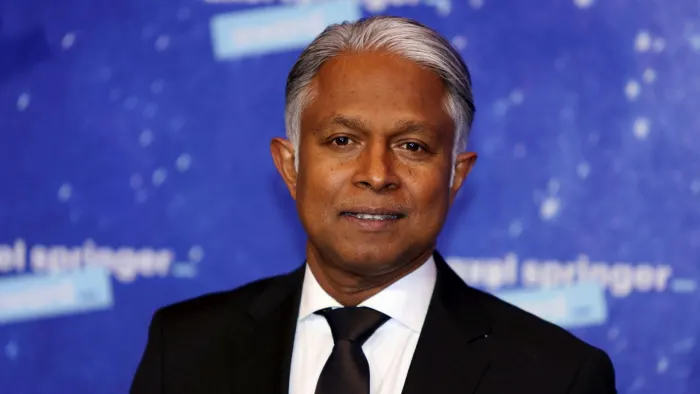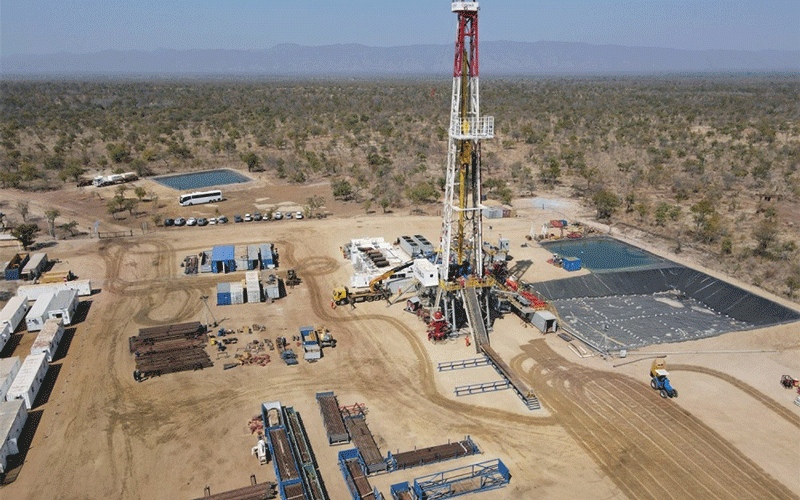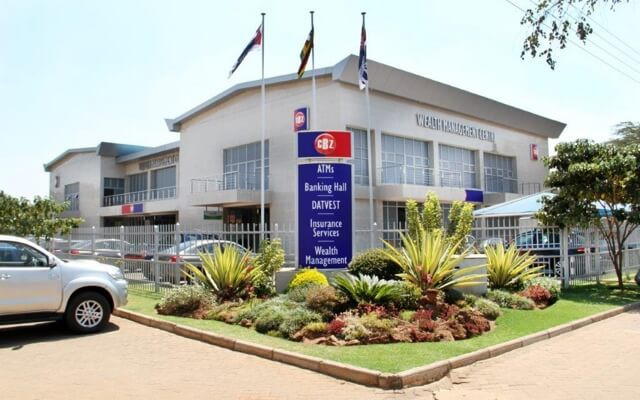
Please use the sharing tools found via the share button at the top or side of articles. Copying articles to share with others is a breach of FT.com T&Cs and Copyright Policy. Email [email protected] to buy additional rights. Subscribers may share up to 10 or 20 articles per month using the gift article service. More information can be found at https://www.ft.com/tour. https://www.ft.com/content/44d51f91-3087-47e0-9d61-15d51bbe9a21
The chief executive of DWS, one of Europe’s largest investors, has dismissed the escalating regulatory crackdown in China as “noise”, arguing the asset management industry should take a long-term view in a country it is betting will deliver vast profits.
DWS first pushed into China more than a decade ago but is now seeking to expand more aggressively as asset managers race to establish a foothold in an economy where the savings market is expected to grow rapidly.
“In China you need a long-term view,” said Asoka Woehrmann, chief executive of the €859bn German asset manager. “All asset management businesses need a long-term view but in China especially. You can’t go there and expect results immediately; it’s an investment for the long term.”
The comments come as a regulatory assault from Beijing has deepened this week, spreading from the tech sector to education companies offering private tuition. Shares in some of the country’s largest tech companies have tumbled both in New York and Hong Kong.
Addressing this week’s turmoil, Woehrmann said “there’s always some noise around China and uncertainty. You have to learn to deal with these uncertainties.”
Formerly known as Deutsche Asset Management before it was spun out from the bank and listed in 2018, DWS has operated in China for 16 years. It bought a stake in Harvest Fund Management in 2005, creating the largest Sino-foreign joint venture asset management company in China.
Since then, it has jointly developed some products with Harvest to distribute to the clients of the Chinese group, whose assets under management rose to $203bn at the end of 2020. DWS received €63m of income last year from its 30 per cent stake in Harvest, and €49m in the first six months of this year, according to company filings.
- Chamisa under fire over US$120K donation
- Mavhunga puts DeMbare into Chibuku quarterfinals
- Pension funds bet on Cabora Bassa oilfields
- Councils defy govt fire tender directive
Keep Reading
“China is a very important market for us,” said Woehrmann. “It was a manufacturing country that then became the world’s biggest consumer market. It is now building up a savings industry — this is why it’s attractive to asset managers.”
The efforts by western asset managers to prise open the Chinese market has gathered momentum in recent years despite the country’s trade wars with the US and difficult relations with the UK.
BlackRock, Goldman Sachs Asset Management and JPMorgan Asset Management in the US, as well as European rivals Amundi and Schroders, are all expanding there, lured by the opportunity of a growing domestic asset management market, worth an estimated $18.9tn last year.
Woehrmann said that DWS wanted to expand further in China and Asia through joint ventures, mergers or acquisitions, as part of its wider strategy to take part in the consolidation that is sweeping across the fund management industry. Earlier this week, DWS was among those that submitted a final bid for NN Investment Partners, €300bn investment management arm of the Dutch insurer, a person familiar with the situation said.
DWS on Wednesday revealed net inflows of €19.7bn in the second quarter, as strategies including environment, social and governance as well as passive and higher-margin funds pushed its overall assets under management to €859bn.
It reported a cost-income ratio — a key measure of profitability — of 60.6 per cent in the second quarter, down from 65.8 per cent a year earlier. Profits rose to €247m in the quarter, up about 30 per cent from a year ago. – The Financial Times











